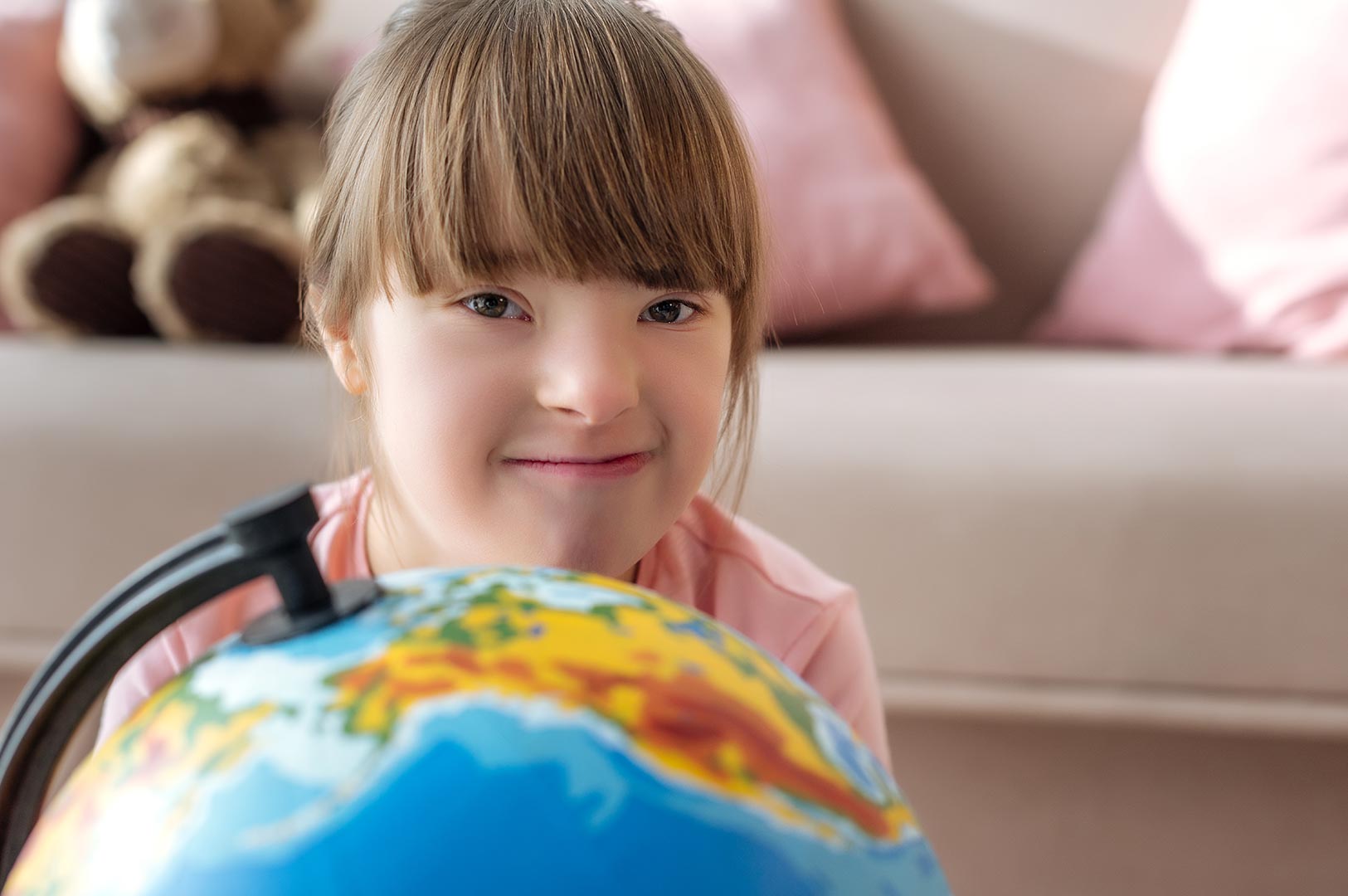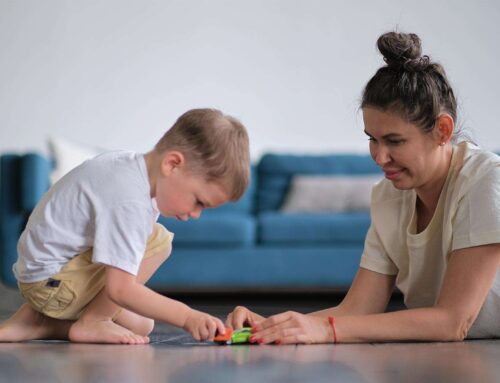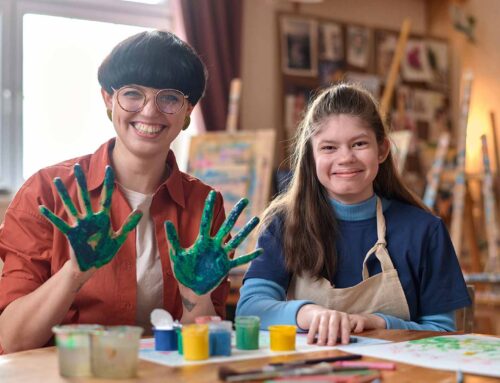Down syndrome, also known as trisomy 21, is a genetic condition caused by the presence of all or part of an extra 21st chromosome. This occurs during cell division and results in a person having 47 chromosomes instead of the typical 46.
Characteristics of Down Syndrome
Individuals with Down syndrome can exhibit a range of physical and developmental characteristics, including:
- Distinctive facial features: These may include a flattened face, almond-shaped eyes, and a small nose.
- Intellectual and developmental delays: This can vary in severity, affecting areas such as learning, speech, and social skills.
- Low muscle tone: This can lead to difficulties with motor skills and coordination.
- Heart defects: These are present in about half of individuals with Down syndrome and require medical attention.
- Gastrointestinal issues: These may include constipation, reflux, and celiac disease.
- Hearing and vision problems: Regular checkups are crucial to ensure early detection and intervention.
While Down syndrome presents specific challenges, it’s important to remember that each individual with the condition is unique and possesses their own strengths, abilities, and talents.
Myths and Misconceptions
There are many myths and misconceptions surrounding Down syndrome. Here are some of the most common:
- Individuals with Down syndrome are incapable of learning or working. This is simply not true. Many people with Down syndrome can lead fulfilling lives with appropriate support and opportunities.
- People with Down syndrome are always happy and carefree. While many individuals with Down syndrome do exhibit a positive disposition, they experience the full range of human emotions, including sadness, anger, and frustration.
- Down syndrome is a death sentence. This is false. With proper medical care, people with Down syndrome can live long and healthy lives.
Celebrating Differences
Down syndrome is not a disease to be cured, but a natural variation of human development. It’s essential to celebrate the unique contributions of individuals with Down syndrome and work towards creating a more inclusive world where everyone has the opportunity to thrive.
Supporting Down Syndrome Awareness
There are many ways you can support Down syndrome awareness and inclusion:
- Educate yourself and others about Down syndrome.
- Donate to organizations that support individuals with Down syndrome and their families.
- Volunteer your time and skills to organizations serving the Down syndrome community.
- Speak out against discrimination and promote inclusion for people with Down syndrome.
By working together, we can create a world where everyone with Down syndrome has the opportunity to reach their full potential.





Leave A Comment